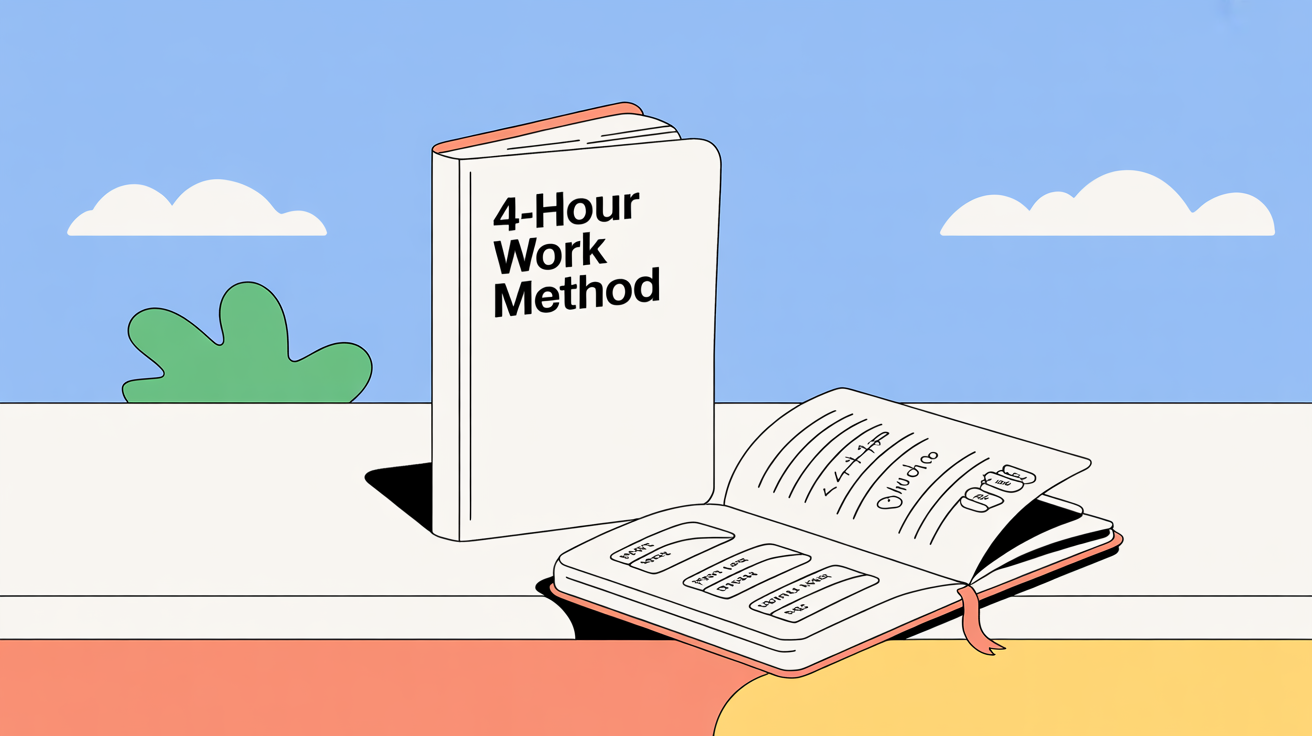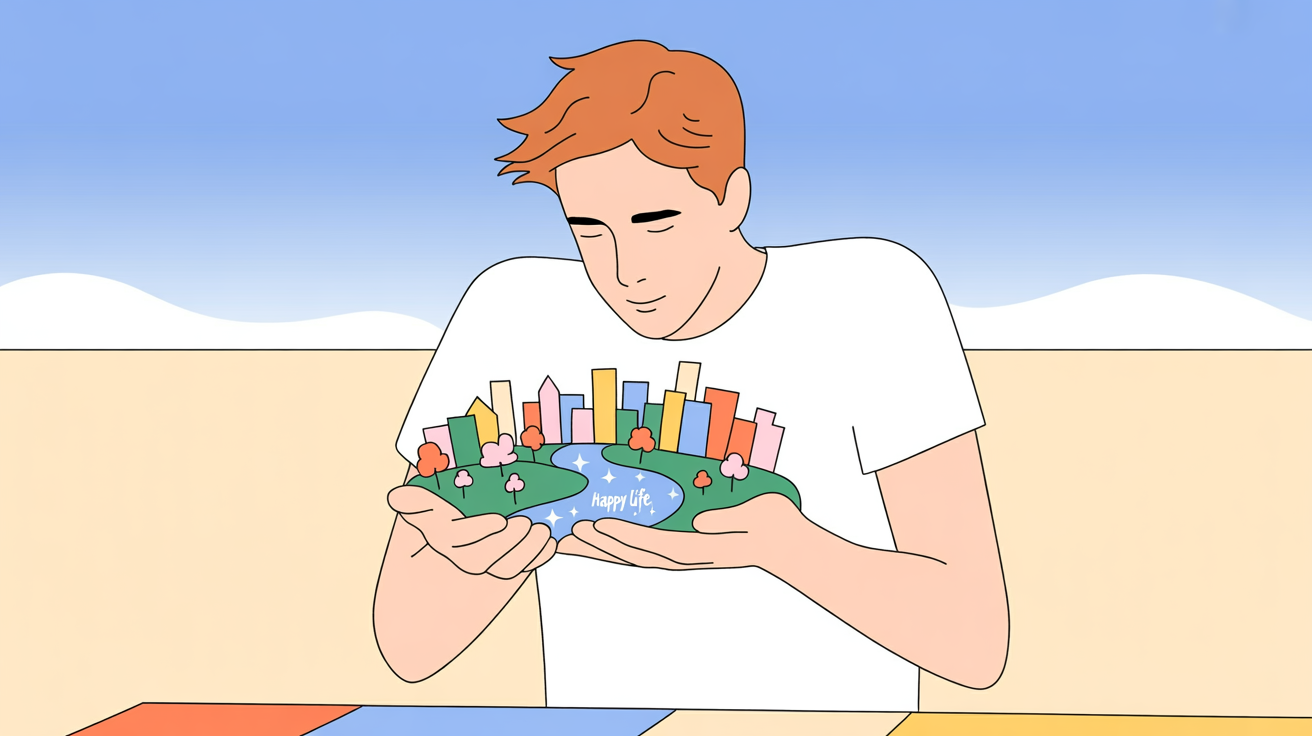If society can train you, it can one day replace you—rewriting your role in lines of code.
Thus, at every stage of life, our aim should be to cultivate autonomy, not simply chase promotions or pay raises. True independence means owning the unique value you create, rather than renting out your hours like a hired hand. Merely leasing your time can never yield wealth—there is no guaranteed link between hours spent and riches earned; if there were, every customer-service agent would be a millionaire.
Three levers to prosperity:
- Labor leverage—the most intricate: spending capital to buy others’ time. Managing people is fraught with complexity—the human heart resists control, and without magnetic leadership, a manager risks betrayal and abandonment.
- Capital leverage—deploying money to amplify influence: capital begets capital. This lever demands specialized acumen; professional investors exemplify its power.
- Zero-marginal-cost leverage—books, media, code. The common person’s preeminent tool, requiring no one’s permission—only a computer and an internet connection.
For ordinary folk, this is the lowest-risk path to social ascent, fashioning digital “employees” that toil ceaselessly on your behalf.
The Four Types of Luck in the World
Rockefeller taught: “While awaiting luck, learn to steer it. Designing luck is designing life.” He saw luck as the byproduct of deliberate design, manifesting in four forms:
- Serendipitous luck—windfalls beyond your control: an unexpected inheritance, a chance mentor.
- Effort-driven luck—borne of relentless endeavor; your constant striving draws fortune to you.
- Insightful luck—like the “dancing crocodile”: by mastering a field, you recognize its breakthroughs before others.
- Magnetized luck—cultivate a unique identity, brand, and mindset; perfect your craft so thoroughly that opportunity chases you.
Give Yourself Ample Time Before Making Major Decisions
Before any great undertaking, grant yourself the grace of delay. In American courtship etiquette, one waits seventy-two hours before calling a new acquaintance—honouring the fact that early ardor often fades. If desire endures beyond three days, it may be real. Likewise, to launch any venture with sincerity, pause once, twice, and a third time before committing.
Consider life’s three monumental early choices—where to live, whom to love, which vocation to pursue. If you foresee a decade in one city, five years in one role, or ten beside one partner, invest a year or two of reflection before deciding. Should your passion wilt under threefold hesitation, it was but a fleeting impulse. Only that which survives patient delay merits the name “true beginning.” And once you decide, embark with wholehearted dedication—“God does not ask that we succeed, only that we try.”
Sense of Happiness
Money is not the root of all evil; avarice is. Desire, once ignited, never ceases at any finite sum—its abyss is bottomless. Wealth’s purpose is to meet real needs, not to fuel endless inflation of lifestyle. Let your resources outpace your desires, and you will find true financial contentment.
When you stop sacrificing today on the altar of “tomorrow” and live fully each moment, you inhabit genuine happiness. As Zeng Guofan counseled, “Do not linger in the past, do not muddle the present, do not chase the future.” Happiness is the serene plenitude of no deficiency—eat when you eat, drink when you drink. When you sense that life lacks nothing, the mind finds rest: it no longer laments yesterday or schemes for tomorrow.
Alas, most of us squander the present—pondering work over dinner, meal plans over lunch, mistakes at our desks, breakups in romance, and glancing at the clock in an embrace. Let us instead anchor ourselves in the richness of now.












Discussion